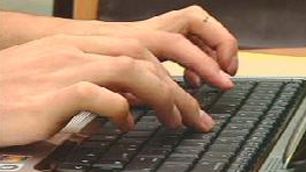 A new survey shows that teens in the Ontario average seven hours a day of “screen time”.
A new survey shows that teens in the Ontario average seven hours a day of “screen time”.
The study grouped together time spent watching TV and Internet use as “sedentary behaviour” and suggests a link to a decline in physical and mental health among the students.
What’s interesting here is the implicit suggestion that a person’s entire use of a computer could be considered as a bad thing. Grouping all computer time together with watching TV as “screen time” is, I think, somewhat irresponsible and fails to recognize the diverse roles computers play in our lives.
It’s true that computers can be used for consuming content (YouTube videos or internet TV channels for example) as well as for solitary activities like playing games. These things should perhaps be moderated as you might TV use.
But computers can be used for so many other things now – researching homework assignments, communicating with friends, collaborating with other students, planning trips or shopping. So to group all these activities together as if they are all self-indulgent activities that could be completely avoided is unrealistic at best.
The reality is that computers are now so integrated into our daily lives, and even more so with the younger generation, that to consider taking “screens” out of the equation wholly is simply not possible.
A more interesting piece of research would separate solitary entertainment activities from productive or communication activities, and also look at the differences between students doing such activities offline or online.
It’s also worth considering what the researchers might have found if they’d looked at adults. Most of the office-bound population has seven hours of sedentary time a day – it’s called doing their work at their desk! In this context, the researchers findings are nothing special.
Read more of the study at CBC News.
In other news, researchers find that people use computers a lot…






 @
@ Tags:
Tags: 

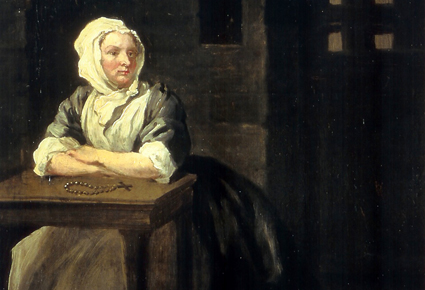
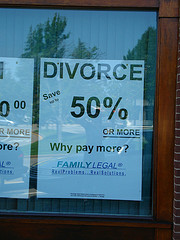



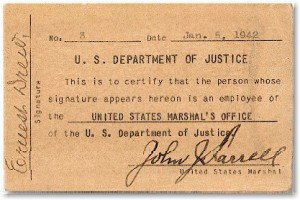
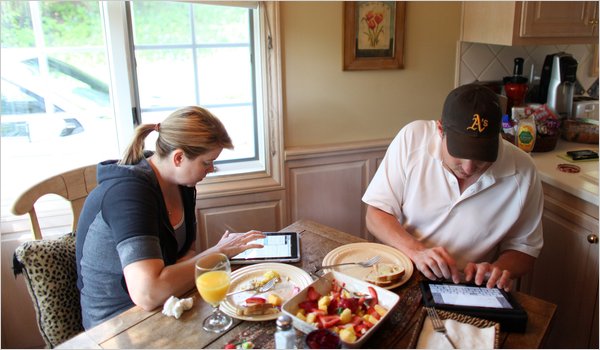

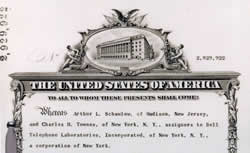


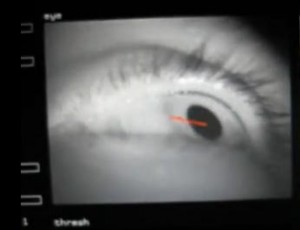



 Like all images on the site, the topic icons are based on images used under Creative Commons or in the public domain. Originals can be found from the following links. Thanks to
Like all images on the site, the topic icons are based on images used under Creative Commons or in the public domain. Originals can be found from the following links. Thanks to